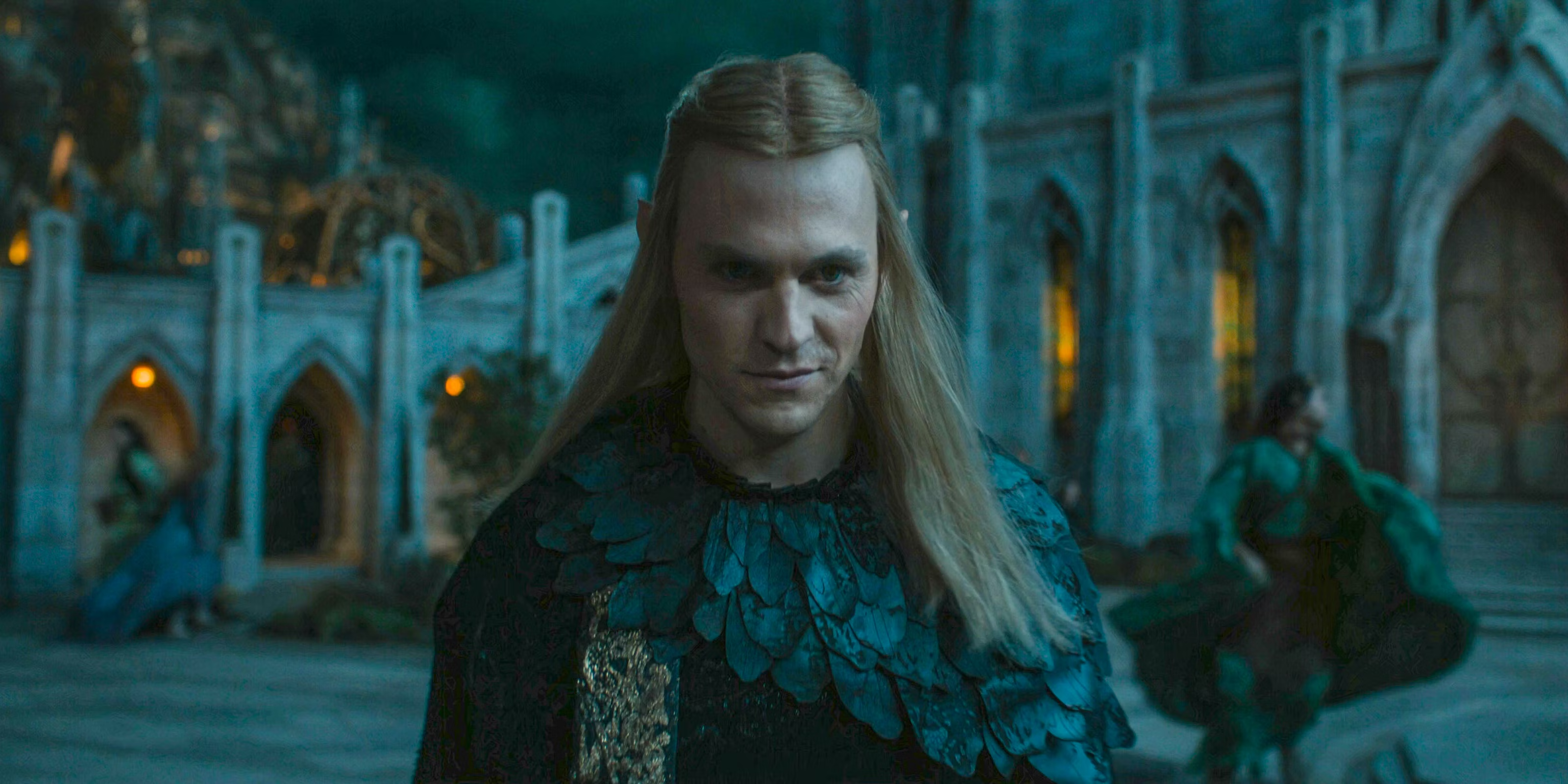
Sauron was created as a Maiar by Eru Ilúvatar (the ultimate creator in Tolkien’s lore) to assist the Valar with their assignment to manage the world. Morgoth was the most powerful of Valars before turning on Ilúvatar. Sauron then went on to serve Morgoth until Morgoth was cast away after the War of Wrath, after which point Sauron began to employ his own dark plans of conquest. Clearly, the characters’ connection goes back a long way. However, closer inspection reveals that Sauron’s claims about his evildoing don’t pass muster.
Sauron Is Lying About How Morgoth Forced Him Into Servitude
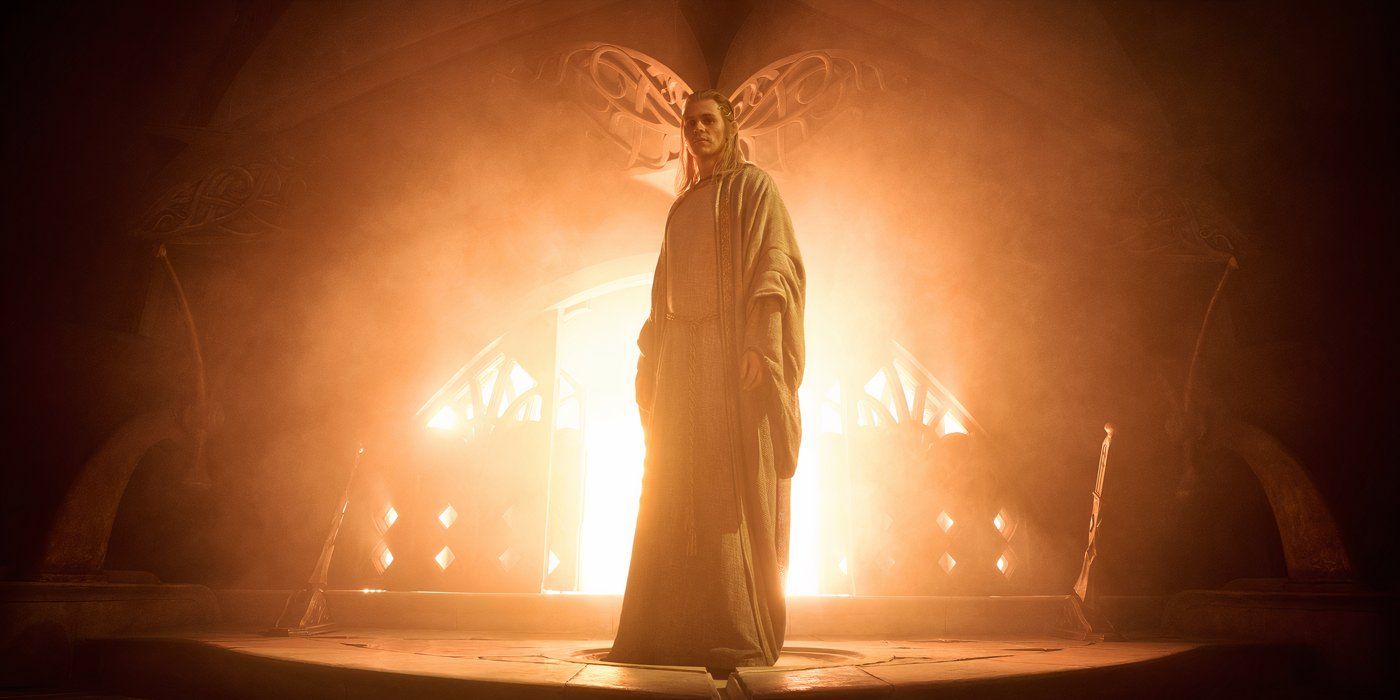
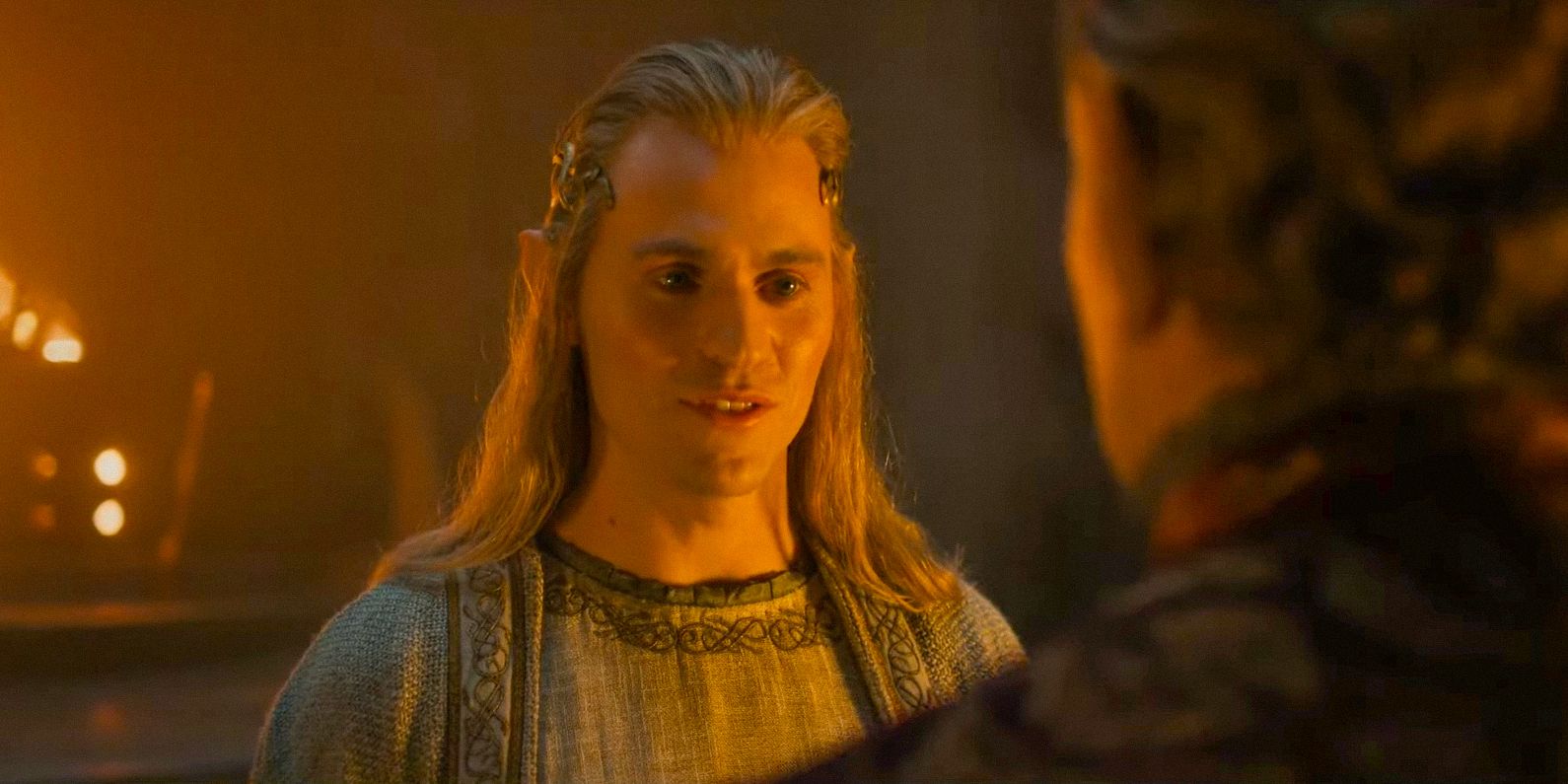
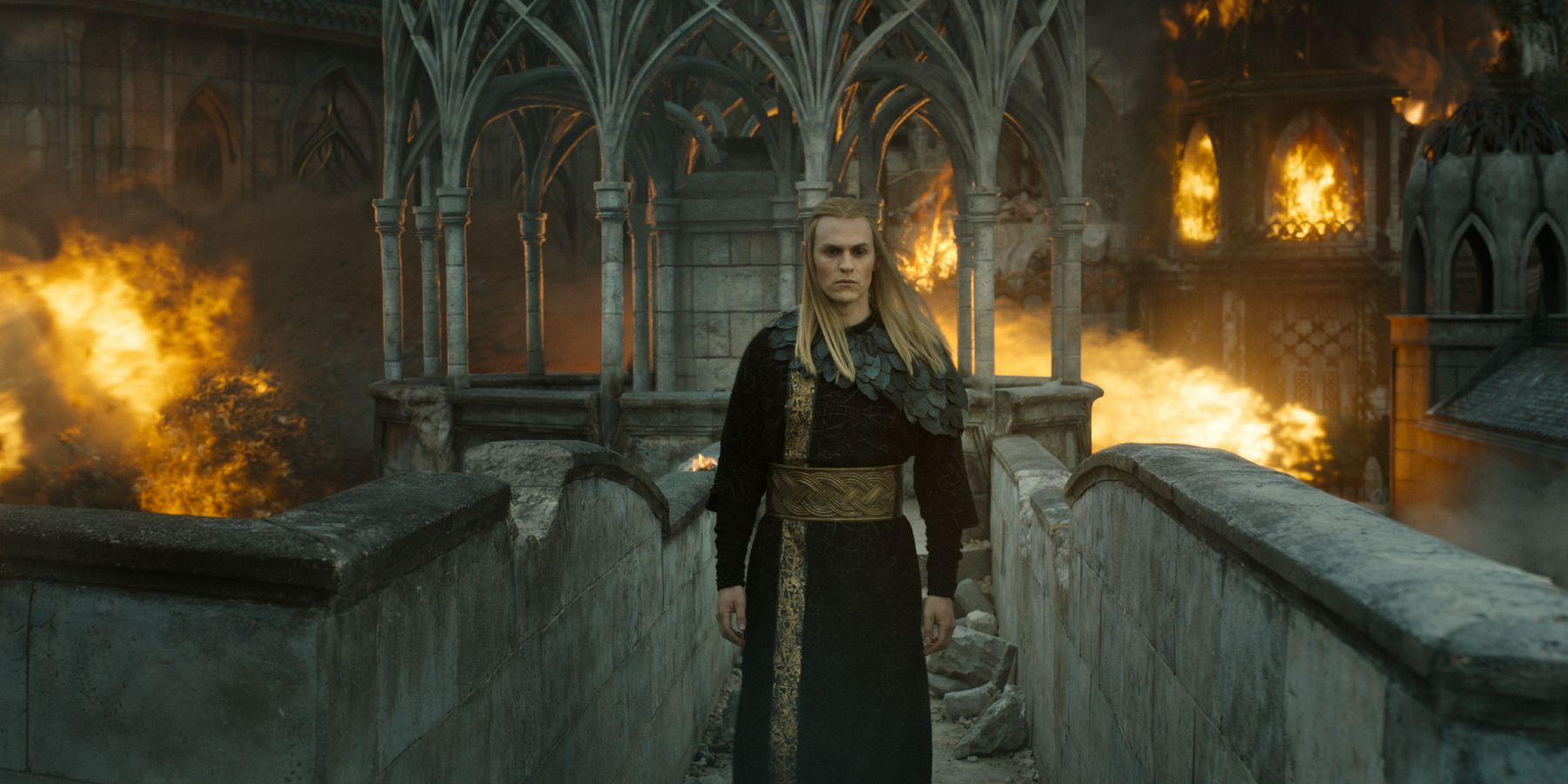
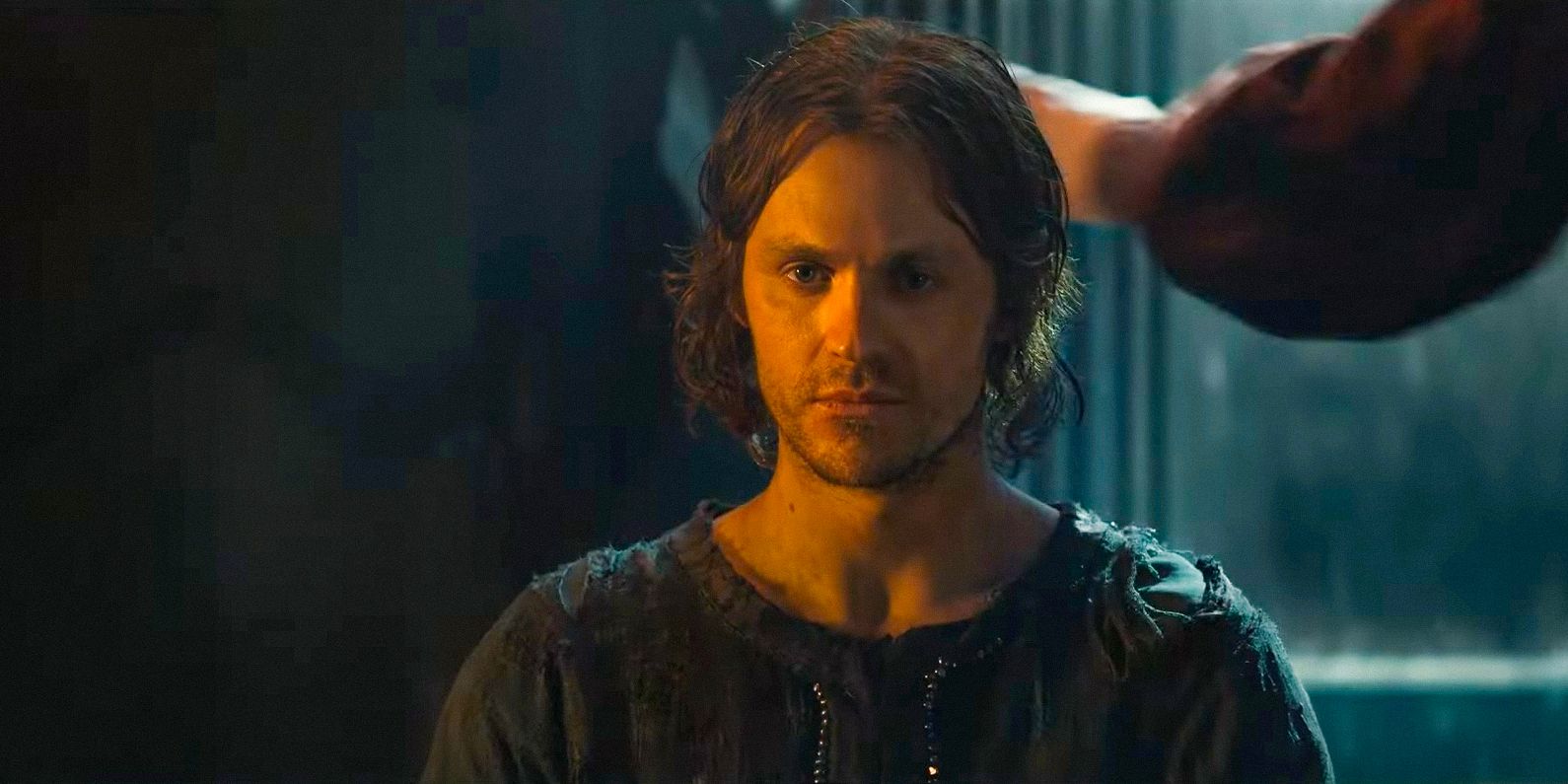
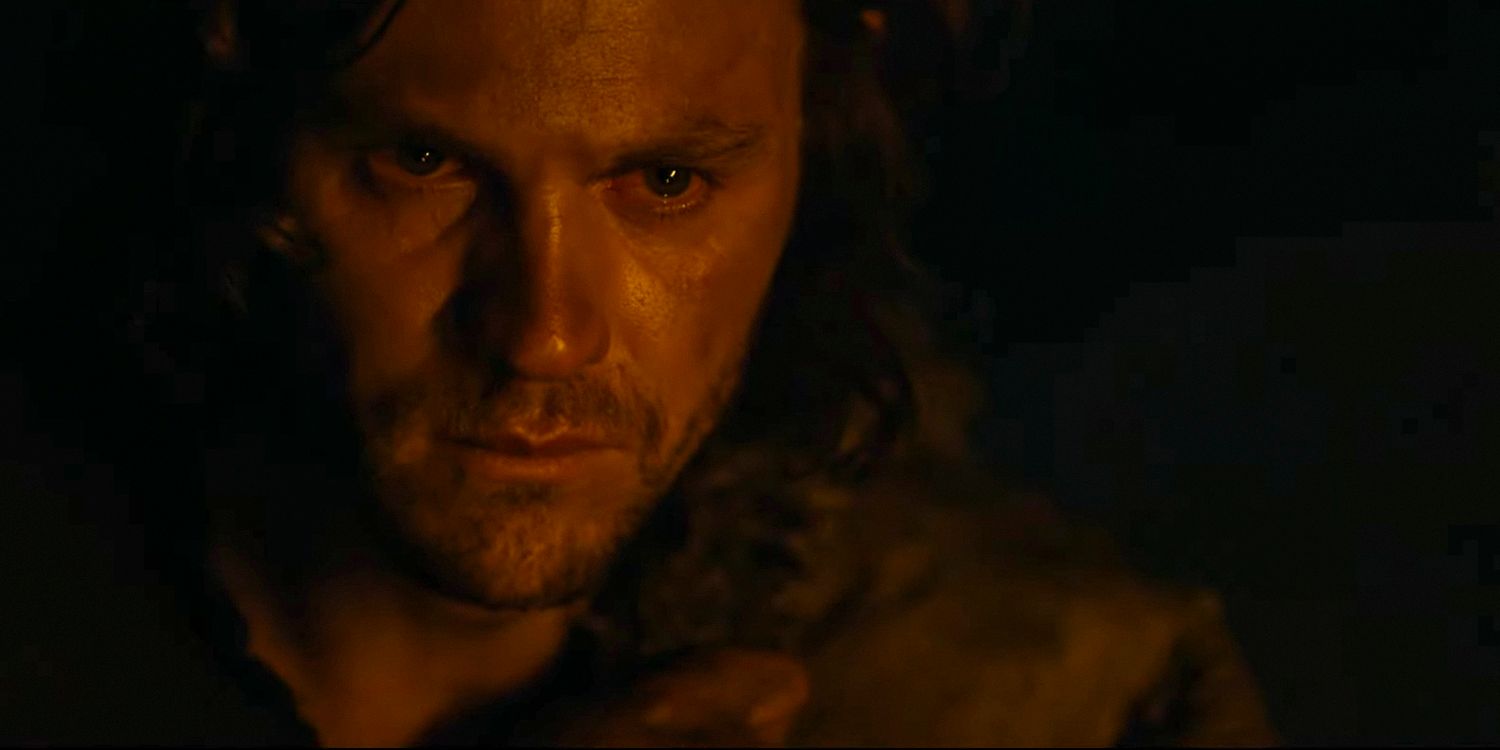





Sauron was driven to evil by his own nature and a consuming desire to bring order to Middle-earth. And unless some lost text by Tolkien has been discovered that explicitly states Sauron was tortured into submission by Morgoth, Sauron’s words to Celebrimbor cannot be trusted. Never in Tolkien’s lore does Morgoth torture Sauron. Some moments could imply such an act, such as in The Silmarillion where it is mentioned that Morgoth would have, if victorious, destroyed even the beings that followed him. But Morgoth was not victorious and would not have benefited from bringing destruction down upon his followers beforehand.
Sauron was Morgoth’s most trusted servant, given the title of chief captain and command over Angband, one of Morgoth’s fortresses. Sauron even preached his message to Ar-Pharazôn (who is played in The Rings Of Power by Trystan Gravelle) in The Silmarillion when he says that Morgoth is “Lord of All” and “Giver of Freedom.” Though Sauron was actively deceiving Ar-Pharazôn, “Giver of Freedom” is not a title that would be given by someone tortured into submission, especially when there is no evidence for said torture.
Is The Rings Of Power Trying To Humanize Sauron Too Much?

The Rings Of Power is clearly attempting to make Sauron more relatable than the straightforwardly evil presence seen in Peter Jackson’s movies. Audiences often prefer a villain they can relate to, and whose motivations are, on some level, understandable. It’s only natural that The Rings Of Power would follow this strategy to deepen Sauron’s character, even if it is accomplished in a way that differs from Tolkien’s.
…Tolkien’s Sauron is complex in his motivations (these motivations are also brought to light in The Rings Of Power during Sauron’s conversation with Celebrimbor.
Tolkien’s Sauron is not complex when it comes to his capacity for good or evil. Sauron is a fallen being given over to his own evil desires. However, Tolkien’s Sauron is complex in his motivations (these motivations are also brought to light in The Rings Of Power during Sauron’s conversation with Celebrimbor). Where his master Morgoth was driven to destroy all life, Sauron is driven by the desire to reorganize and rule a Middle-earth he sees as abandoned by its own creators.
Though Sauron cannot escape his own nature as a being of darkness, his motivations are where his complexity lies. So, although The Rings Of Power is attempting to redeem and humanize a part of Sauron through the torture narrative, it should instead focus solely on the complexity of his motivations. Sauron was driven to evil, not by Morgoth, but by his own intricate and misled desires.





